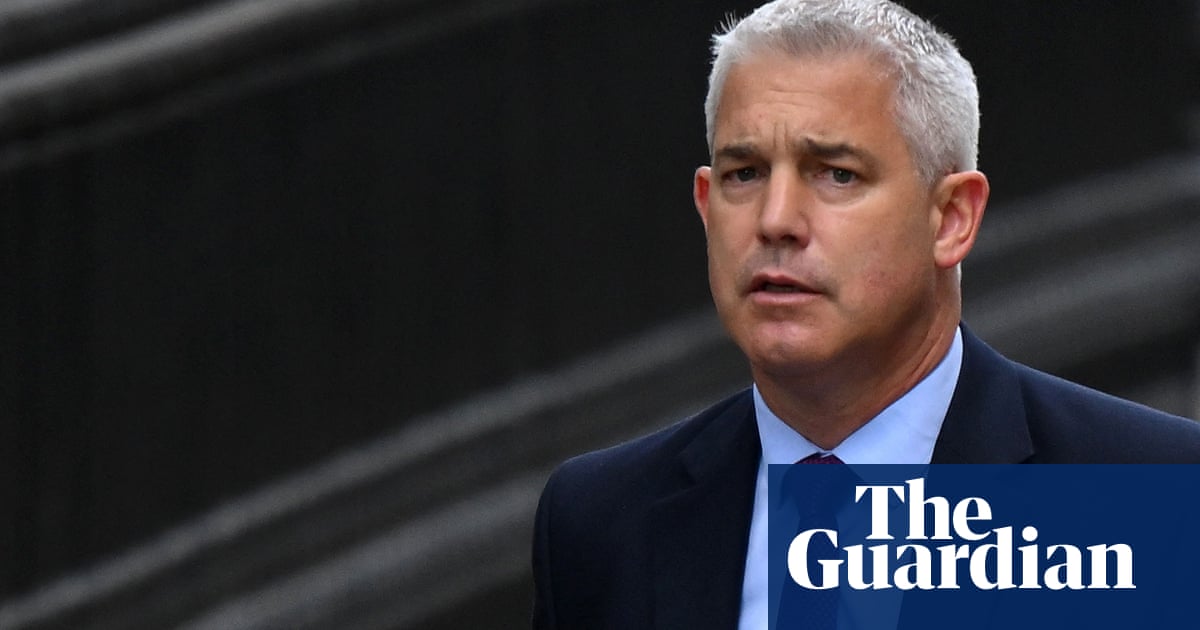
Young people’s mental health, self-confidence and employability were boosted by participation in nature projects across the UK, according to a report on a £33m programme.
More than 128,000 people aged 11 to 24 took part in the Our Bright Future scheme. The 31 projects improved 3,000 community spaces and created 350 nature-rich areas, from a vandalised churchyard in Hull to a rewilded quarry in County Down. The programme was led by the Wildlife Trusts and funded by the National Lottery Community Fund.
Almost all participants (95%) felt their confidence had improved by taking part, while 86% said it had improved their mental health. Two-thirds said their appreciation of the natural world and belief that they could make a difference to their local environment had significantly increased.
The community garden at St Hilda’s church in Hull had long been covered in litter and was a focus for antisocial behaviour. Now it is a wildlife zone with flowers to attract butterflies and a pond for amphibians. Seeds of wildflowers and native grasses from a nearby nature reserve were used to restore Aughrim quarry in County Down.
Craig Bennett, the chief executive of the Wildlife Trusts, said: “Our natural world is the bedrock of our society but it is under serious pressure.
“This report proves just how important it is to give young people practical experience to learn about nature and climate. We need to foster a new generation of green leaders to find solutions to the biggest environmental challenges of our time.”
James Stubbs took part in the One Planet Pioneers project in Middlesbrough when he was 19, which developed the skills of young people through environmental projects. He said of the scheme: “It gave me a chance to start a career in a sector that I had always been passionate about.
“Having spent 19 of 24 months unemployed since leaving college, this is something that I never thought would have happened.”
Stubbs now works as a project officer for Sustrans, promoting cycling.
The Our Bright Future programme led to almost 9,000 young people gaining qualifications and 1,600 getting work experience. The report, produced by evaluators from Economic Research Service and Collingwood Environmental Planning, also found more than 200 young entrepreneurs had started businesses or social enterprises, including one selling jewellery made from items found during beach litter cleanups.
Spending time in woodlands, wetlands and other natural spaces has been shown to improve mental health and reduce loneliness in cities. Another recent study found that a two-hour “dose” of nature a week significantly significantly boosted health and wellbeing.
Liz Truss’s government has been sharply criticised by the country’s leading nature and countryside organisations over plans to slash regulations that protect the environment.
Mya-Rose Craig, the founder of Black2Nature and a Wildlife Trusts ambassador, said: “Access to nature has a profound effect not only on young people’s environmental awareness but also on their physical and mental wellbeing. I hope others recognise that there is a huge appetite among young people to work towards a better future for us all.”












